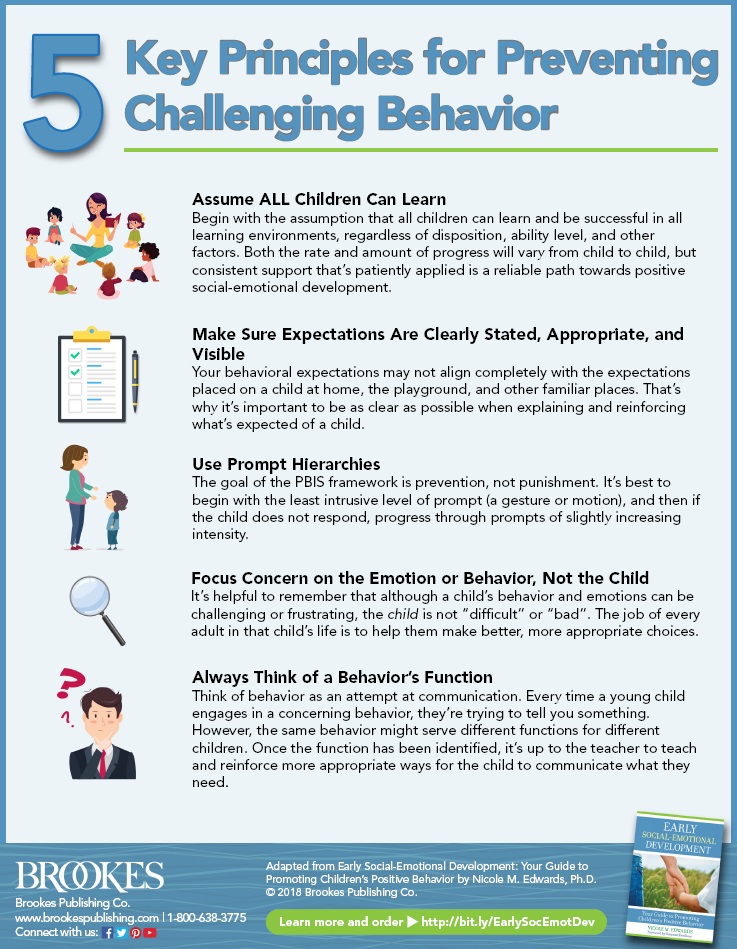This week we engaged in an EdCamp Unconference, with various groups discussing topics that were of interest to us. Going through the process of coming up with topics, organizing them, combining them, and then scheduling them was a very interesting look into how these conferences actually work. I liked that we were able to pick the topics we were interested in not have to pick from predetermined topics. There was a lot of choice in this, which felt empowering and engaging. I really enjoyed being able to discuss these topics with my peers because we don’t often get a chance to actually discuss these topics and everyone brings something different to the table.
I chose to discuss how to manage difficult behaviour and bringing community involvement into classrooms. I found the conversation about managing difficult and disruptive behaviours most interesting. Our group had lots of good ideas about this topic, and it is a very salient topic for us especially going into practicum.
Some of our ideas included:
- Creating meaningful relationships with students – if they trust you they are more likely to talk through their problems with you.
- Realize they likely have something deeper going on – separate bad behaviour from the idea that they are a bad kid.
- Discuss with parents – they likely have insight into what may be going on with their child.
- Make sure to set clear expectations – have honest and authentic conversations with students about what you expect from them.
- Have lots of supports and resources in your class when you can – things like fidgets, a sensory room, a stationary bike, etc. can be very helpful to manage behaviours.
After EdCamp, I did some more research and found this infographic from Brooke’s Publishing that included a lot of the same points we had made.

What other ideas do people have for managing difficult behaviour? Leave them in the comments!
Leave a Reply
You must be logged in to post a comment.